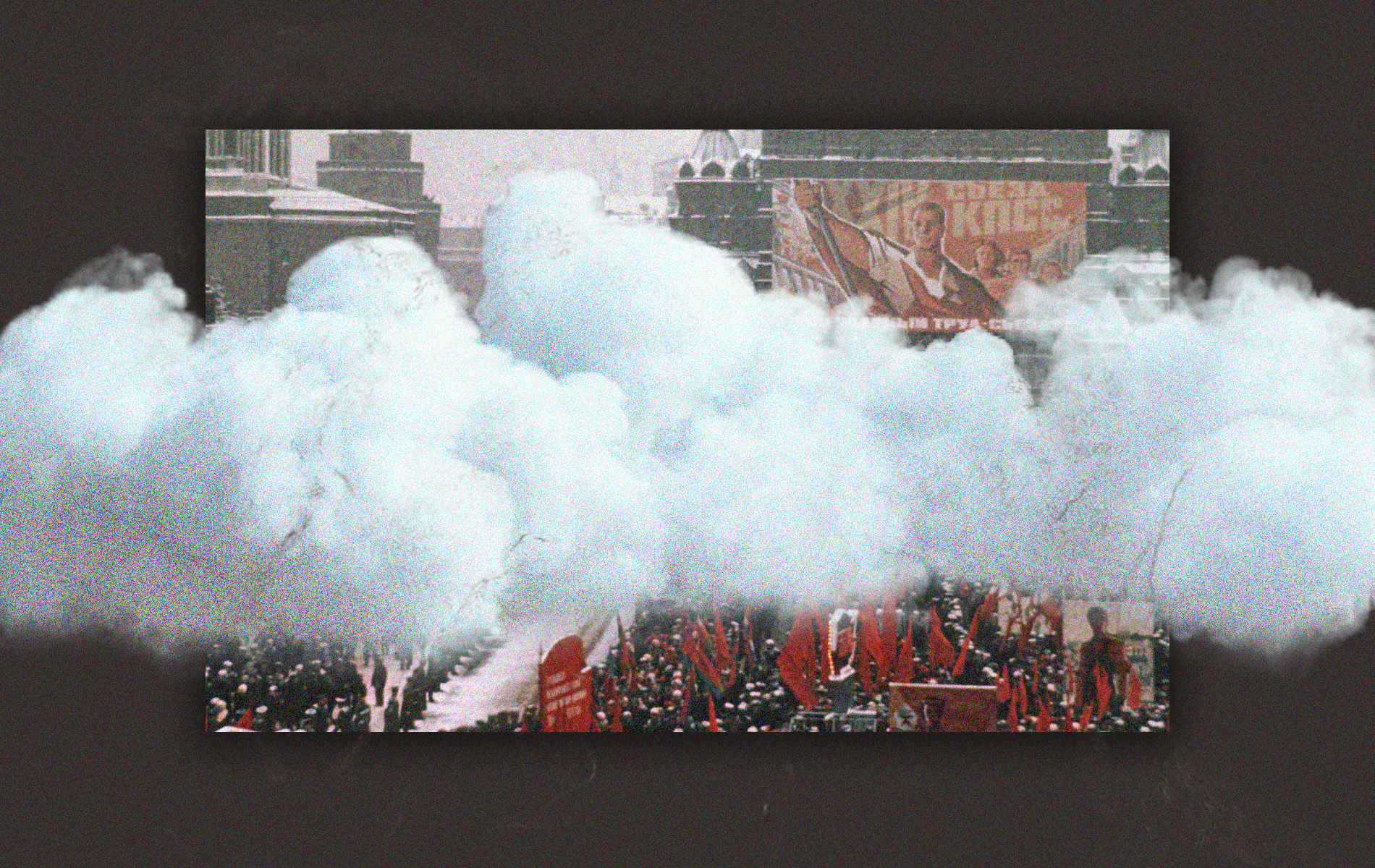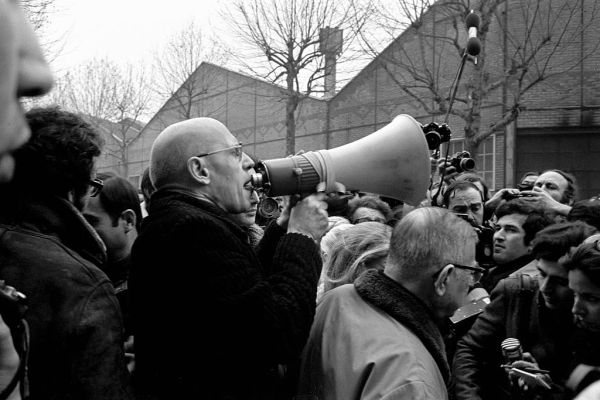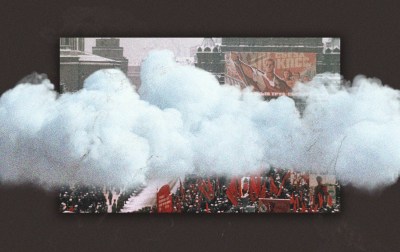Editor’s Note: This essay is adapted from Coming Clean: The Rise of Critical Theory and the Future of the Left by Eric Heinze (The MIT Press, 2025) with permission of the publisher.
Today we find critical theorists—or “crits,” as they are often called—around the world hatching many of the ideas that propel the left. Crits write in fields as varied as economics, law, politics, war, media, education, art, and climate change, and it can be hard to find much unity among them. Yet many crits accept some version of the following point: It is crucial to educate the public about patterns of oppression waged by and within Western societies over hundreds of years.
Some people, especially conservatives, dismiss this trend as “grievance studies,” inviting people to hate Western democracies. But it can also be described in more neutral terms as “memory politics”—a belief that we can remedy current social ills only by grasping their historical roots.
Invariably, controversies about race, colonialism, gender, sex, war, and economic exploitation prompt questions about history, so there is no such thing as no memory politics. State-orchestrated amnesia itself is a form of memory politics—often of the most sinister kind. It is the history taught in Putin’s Russia and Xi’s China. It is the history favored by school boards in the United States that want to replace the words slave trade in children’s textbooks with euphemisms like involuntary relocation or to describe 19th-century plantation slavery as an opportunity for slaves to learn “skills” that “could be applied for their personal benefit.”
Memory politics unfold in two steps. Memory forms the first step, where we gather evidence about past injustices. But, for crits, politics forms the second and decisive step. We must bring critical understandings of history out of the lecture hall and into public consciousness through street protests, films, television, radio, and other channels. The harms caused by racism, colonialism, militarism, sexism, or heteronormativity will never be overcome until the widest possible public understands them.
Recall William Faulkner’s immortal quip: “The past is never dead. It’s not even past.” This approach to history demands that we must connect the dots from past wrongs to present crises. We will end cycles of injustice only by publicly and proactively communicating the West’s bleak histories to future generations.
Memory politics can be called the left’s most powerful contribution to today’s world, as a quick comparison makes clear. A few centuries ago, our disputes about justice commonly involved questions about who held the rightful claim to a throne, or how powers should divide between the church and the state, or what kind of authority a monarch could rightfully wield over other members of the aristocracy. But nowadays, when you find yourself locked into a war of words around the dinner table, I doubt you are debating those types of questions. More likely, you are arguing about issues such as race, class, sex, or gender. Typical social problems today involve topics as different as earning power, street crime, illegal immigration, health care, environmental protection, child protection, abortion rights, weapons possession, substance abuse, criminal justice, or access to education. At first glance, these issues seem to have little in common, yet in all of them, discussions about unfair impacts based on race, class, sex, or gender often end up playing a crucial role.
Progressive stances do not always triumph in debates on these issues, yet the left’s single greatest achievement consists in having defined the very terms we use to discuss justice, regardless of the positions each of us may end up taking on any given controversy. People like Donald Trump and Elon Musk may holler right-wing stances in debates about race, class, sex, or gender, but what leftists pioneered long ago was a culture in which these are the issues that define the arguments we are all having and the ways in which we are all thinking about justice. Leftists often claim to speak from an underdog position, yet when it comes to the single most powerful idea in ethics, law, and politics—the idea of justice—it is the left that has defined today’s conversations. To shape culture in such a pervasive way is to wield power indeed.
Battles about historical memory rage around the world. In 2020, more than 250,000 people signed a petition to the British Parliament entitled “Teach Britain’s Colonial Past as Part of the UK’s Compulsory Curriculum.” The document insisted that by educating children about “the events of the past, we can forge a better future.” How would this education work? The petition stated: “Colonial powers must own up to their pasts by raising awareness of the forced labour of Black people, past and present mistreatment of BAME [Black, Asian, and Middle Eastern] people, and most importantly, how this contributes to the unfair systems of power at the foundation of our modern society.” At that time, Britain’s government was headed by Prime Minister Boris Johnson of the Conservative Party, whose minister for education dismissed the campaign, announcing that he did not want to “pile on” more topics in schools. Yet the petition authors fired back: “Vital information has been withheld from the people by institutions meant to educate them.” One of them recalled that she had read Charlotte Brontë’s Jane Eyre and Jane Austen’s Sense and Sensibility in school but “never got to read a book with a person of colour in it.”
But this leads to my main question: How have crits taught the public about the left’s own histories? A defining feature of critical theory is collective self-examination, sometimes called “autocritique.” What this means is that many leftists feel entitled to insist that we must all take a critical view of Western history—because they themselves have always reflected on the left’s own histories, openly and candidly confessing leftist failures. Admittedly, today’s leftists do usually acknowledge atrocities committed in Stalin’s Soviet Union, Mao’s China, Pol Pot’s Cambodia, and the North Korea of the Kim dynasty; these histories can be widely found in university curricula. In other words, when it comes to a memory politics of the left, most leftists today do take step one: to admit wrongdoing in the first place. The problem is that leftists never take step two: They never carry knowledge of leftist atrocities out of the seminar room to promote greater public awareness.
For example, progressives across the globe have long organized events and protests calling for boycotts, divestment, and sanctions of Israel. They have written Israeli conduct into histories of Western racism dating back centuries, before the state was even conceived, frequently including comparisons to European colonialism, Nazism, apartheid, and Jim Crow. But this reading of history does not just take place in sleepy seminar rooms; it has formed a vital pillar of public awareness campaigns and grassroots activism, as we witness on college campuses today.
In response, defenders of Israel virulently reject these analogies to fascism, settler colonialism, and racial discrimination. What then unfolds are full-blown culture wars. Polar extremes fire their polemics back and forth for years without end. These entrenched positions make it impossible for any serious conversation to move forward.
I propose a new approach. Questions about Israeli treatment of Palestinians are legitimate and must be discussed. After all, histories of ethnic discrimination have long plagued societies across the globe, so it would be odd for this evil not to be found in Israel. The problem is that, for more than a century, crits have done little more than replace one set of untold stories with another. If they believe that all stories of oppression must be told, then they must broaden their histories to include decades in which leftists lent legitimacy, if not zealous support, to oppressive dictatorships. At various times these included, for example, Soviet involvement with Egypt, Syria, Iraq, South Yemen, Algeria, and the Palestinian Liberation Organization. The Soviets also promoted the spread of antisemitism in Arab and other Muslim nations. If leftists believe in self-scrutiny, then why don’t they tell those stories? What, exactly, do they think collective autocritique should look like on the left?
If the left is to maintain credibility, it must start to do what it has taught the rest of us to do. It is time for the left’s memory politics of the left to advance from step one to step two—to advance from merely acknowledging leftist injustices to actively teaching the widest possible public about them. If leftists do not think that mass education about leftist injustices is vital, then it becomes a mystery why they would think that education about Western injustices should merit any attention at all.






Please note that we at The Dispatch hold ourselves, our work, and our commenters to a higher standard than other places on the internet. We welcome comments that foster genuine debate or discussion—including comments critical of us or our work—but responses that include ad hominem attacks on fellow Dispatch members or are intended to stoke fear and anger may be moderated.
With your membership, you only have the ability to comment on The Morning Dispatch articles. Consider upgrading to join the conversation everywhere.